Fine arts
Please excuse or enjoy the following detour from the usual pop culture fare to something slightly other. I found myself thumbing through an old, 1,000-page, hardback textbook from an art history class I took (made it to class a few times) at U.T.The Griffith Fine Arts Building, built on the campus (in Nacogdoches) of Stephen F. Austin State University in 1958: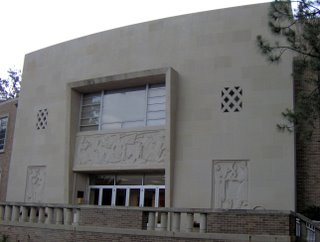 The building has some interesting reliefs:
The building has some interesting reliefs: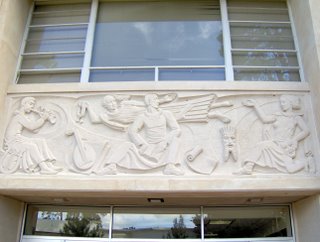
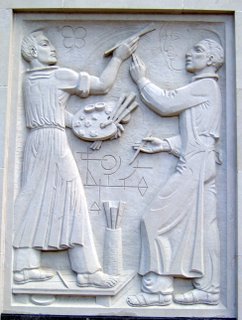
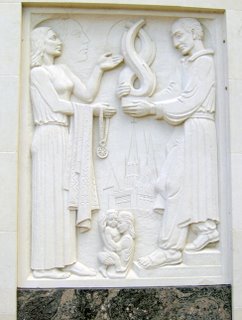 Each of those is an example of high relief. There is also low, or bas, relief. And while those aren't bad for what one would imagine was possible in 1958 for a small, liberal arts/teaching university located deep in the piney woods of ultra-conservative East Texas, it might be embarrassing if people found them thousands of years from now. Witness what other civilizations have achieved:
Each of those is an example of high relief. There is also low, or bas, relief. And while those aren't bad for what one would imagine was possible in 1958 for a small, liberal arts/teaching university located deep in the piney woods of ultra-conservative East Texas, it might be embarrassing if people found them thousands of years from now. Witness what other civilizations have achieved: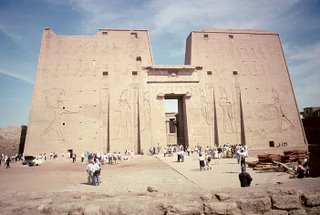 Temple of Horus (Edfu, 237-212 B.C.)
Temple of Horus (Edfu, 237-212 B.C.)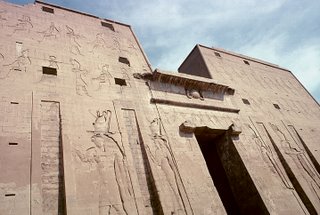 Temple of Horus detail (Edfu, 237-212 B.C.)
Temple of Horus detail (Edfu, 237-212 B.C.)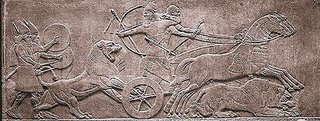 Ashurnasirpal Hunting Lions (Nimrud, 875 B.C.)
Ashurnasirpal Hunting Lions (Nimrud, 875 B.C.)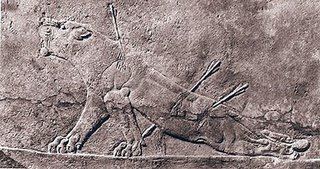 Dying Lioness (Nineveh, 650 B.C.)
Dying Lioness (Nineveh, 650 B.C.)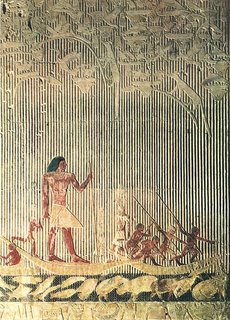 Hippopotamus Hunt (Saqqara, 2400 B.C.)
Hippopotamus Hunt (Saqqara, 2400 B.C.)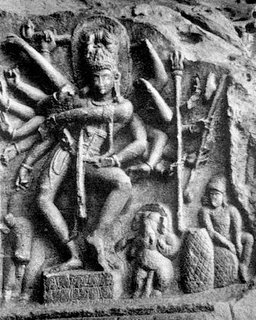 Dancing Siva (India, 6th century)
Dancing Siva (India, 6th century)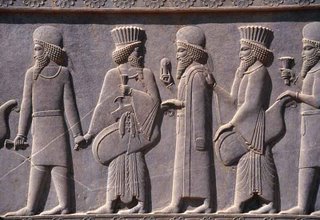 Subjects Bringing Gifts to the King (Persepolis, 500 B.C.)
Subjects Bringing Gifts to the King (Persepolis, 500 B.C.)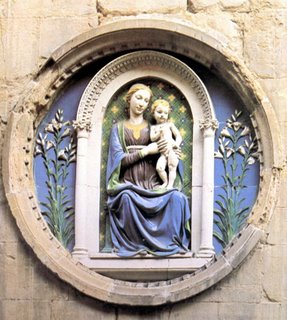 Madonna and Child (LUCA DELLA ROBBIA, 1455-1460)
Madonna and Child (LUCA DELLA ROBBIA, 1455-1460)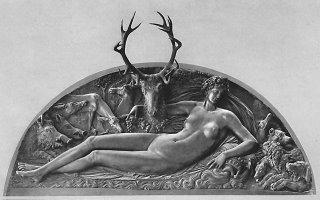 Diana of Fontainebleau (BENVENUTO CELLINI, 1543-1544)
Diana of Fontainebleau (BENVENUTO CELLINI, 1543-1544)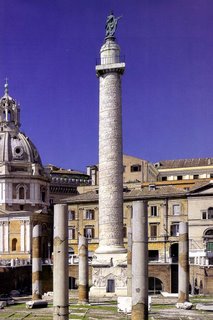 Column of Trajan (APOLLODORUS, Rome, 113 A.D.)
Column of Trajan (APOLLODORUS, Rome, 113 A.D.) Column of Trajan detail
Column of Trajan detail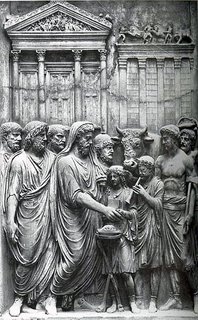 Marcus Aurelius Sacrificing (Rome, 2nd century A.D.)
Marcus Aurelius Sacrificing (Rome, 2nd century A.D.)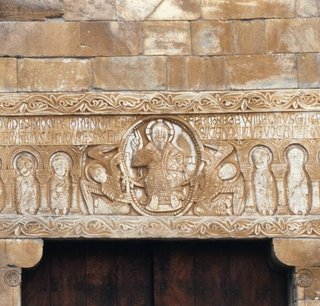 Christ in Majesty with Apostles (France, 1019-1020)Upon viewing those, the Fine Arts Building reliefs begin to wither under closer inspection...
Christ in Majesty with Apostles (France, 1019-1020)Upon viewing those, the Fine Arts Building reliefs begin to wither under closer inspection...
EXHIBIT A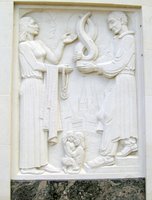
 the magic kingdom?
the magic kingdom?
EXHIBIT B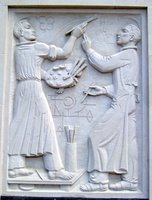
 I could have done that!
I could have done that! I didn't realize people knew about the Klingon language back before Star Trek's 1966 TV debut.
I didn't realize people knew about the Klingon language back before Star Trek's 1966 TV debut.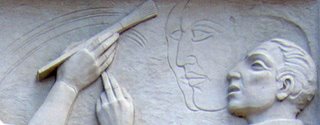 The markings on the background are a kind of relief called sunken, or hollow, that is hardly more than a scratching of the surface. I could have done the swoop up in the left corner and probably the faces in the upper right. I'm just saying.Still, I like the whimsy, especially the little scene above the entryway:
The markings on the background are a kind of relief called sunken, or hollow, that is hardly more than a scratching of the surface. I could have done the swoop up in the left corner and probably the faces in the upper right. I'm just saying.Still, I like the whimsy, especially the little scene above the entryway: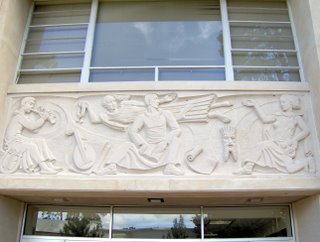 Something about the flying goddess figure
Something about the flying goddess figure reminds me of The Sleeping Gypsy by Henri Rousseau (1897)
reminds me of The Sleeping Gypsy by Henri Rousseau (1897)
 Maybe it's the mandolin:
Maybe it's the mandolin: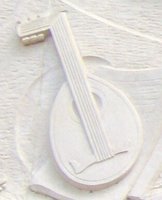
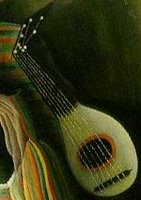




 Each of those is an example of high relief. There is also low, or bas, relief. And while those aren't bad for what one would imagine was possible in 1958 for a small, liberal arts/teaching university located deep in the piney woods of ultra-conservative East Texas, it might be embarrassing if people found them thousands of years from now. Witness what other civilizations have achieved:
Each of those is an example of high relief. There is also low, or bas, relief. And while those aren't bad for what one would imagine was possible in 1958 for a small, liberal arts/teaching university located deep in the piney woods of ultra-conservative East Texas, it might be embarrassing if people found them thousands of years from now. Witness what other civilizations have achieved:

























2 comments:
Hello,
Are these reliëfs created by the German/American sculptor Anton Grauel?
Kind regards,
Marius Martens
Holland
Fiound it, yes they were, see www.germanartgallery.eu. The record of Anton Grauel, including some of his masterpieces created in the Third Reich...
Post a Comment